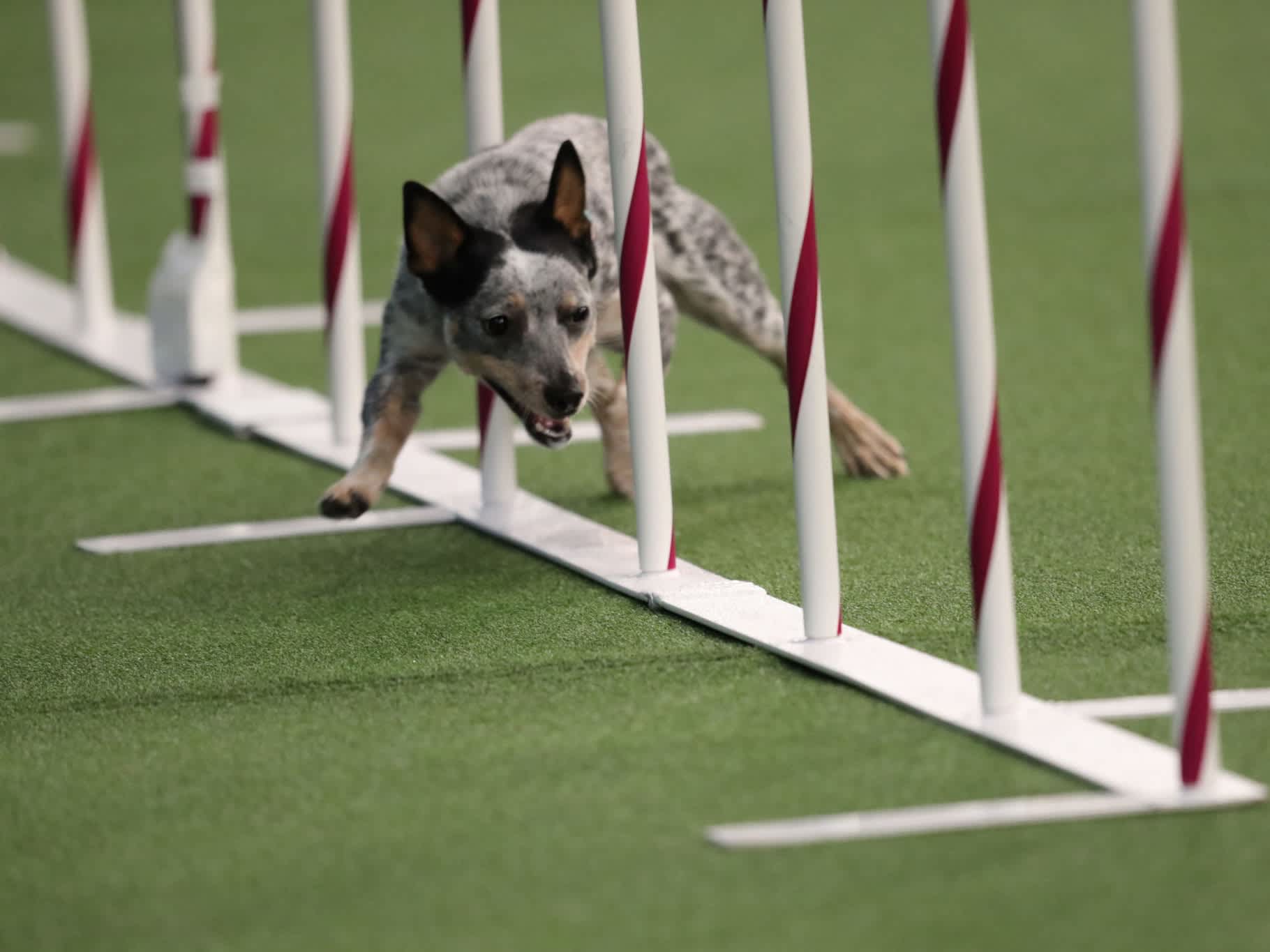Home / Resources & Insights / Archives for Lisa Peterson / Page 7
Lisa Peterson
All work
Science Corner: Coat Color Genetics 101
Coat color genetics can be fun and interesting at the same time. This is because there seems to be an exception to every rule, and the veterinary genetics community still has much to discover about coat color. Learning about the inheritance of coat colors can be incredibly rewarding, as it allows one to see the...
Is Your Dog at Risk for DM? What the Latest Genetic Research Can Tell You
What is Degenerative Myelopathy (DM)? A disease of mature dogs, Degenerative Myelopathy(DM) is a progressive, degenerative disorder of the spinal cord that causes muscle wasting and gait abnormalities. Affected dogs do not usually show signs until they are at least 8 years old when the nerves that supply the hind limbs begin degenerating. At first,...
A Genetic History of Dogs and Wolves in North America
North American Grey Wolves were once always grey, but now some are black. Why? Dive into how the introduction of domestic dogs from Asia changed the makeup of wolves, forever. Dogs and wolves share much in common Did you know that it’s because of dogs that some members of the American Gray Wolf population have...
Bring the Family: Why You Should DNA Test Your Litters
As a responsible breeder, you’re already invested in the health of your dogs: You’ve DNA-tested your breeding stock, received expert consultations on results, and made adjustments. So when your next litter arrives, you may wonder, why test all the puppies? At Embark, we understand the cost of testing an entire litter may seem challenging, especially...
Beyond Dog DNA Tests: What Breeders Should Know About Complex Genetics
Dog breeders often ask, why are the risks for some health conditions difficult to detect with genetic testing? The short answer is: genetics can be simple or complex—scientific terms that mainly refer to patterns of inheritance or transmission of a disease-causing mutation. Some health issues currently have a DNA test available to see if your...
Why Your Dog’s Genetic Breed Results May Not Be What You Expected
Every day, we hear from Embark customers who are surprised by their dog’s breed results. This often happens with mixed-breed dogs that don’t quite look like you’d imagine based on their breed breakdown. These expectation-defying differences are possible because of how genetic inheritance works. Just like you, your dog gets one set of genes from...
Merle Coat Pattern Testing with Embark
Merle coat pattern testing is included in the Embark for Breeders DNA Kits by testing for the M Locus. Merle coat pattern is common to several dog breeds, including the Australian Shepherd, Catahoula Leopard Dog, and Shetland Sheepdog, among many others. In Dachshunds, this color pattern is known as “dapple.” A tricolor merle Australian Shepherd....
Fastest Westminster All-American Agility Dogs Test With Embark
Are you a fan of Agility and its superstars? If so, you may have seen lightning-fast mixed-breed dogs on the televised finals of the Masters Agility Championship at Westminster. These talented athletes and their handlers, who have also tested their dogs with Embark, include Brio, and his handler Ali Park, of Fort Stewart, Georgia, the...
What’s in Your Dog? Why Breed Doesn’t Always Dictate Appearance
What makes a dog breed a dog breed? Let’s answer that question using one of the most popular breeds today as an example: the Corgi. For starters, the signature bobtail in the Pembroke Welsh Corgis comes from a mutation in the T-box gene. Without it, the Corgi everyone knows and loves would look totally different....
Exercise-Induced Collapse in Dogs
Exercise-Induced Collapse (EIC) in dogs is a common neurologic/brain and spinal cord disorder that can cause muscle weakness in dogs, leading to a sudden collapse during otherwise normal puppy play sessions. In a 2008 survey, owners reported that episodes were more likely to occur during times of excitement or, less commonly reported, high environmental temperatures....



















